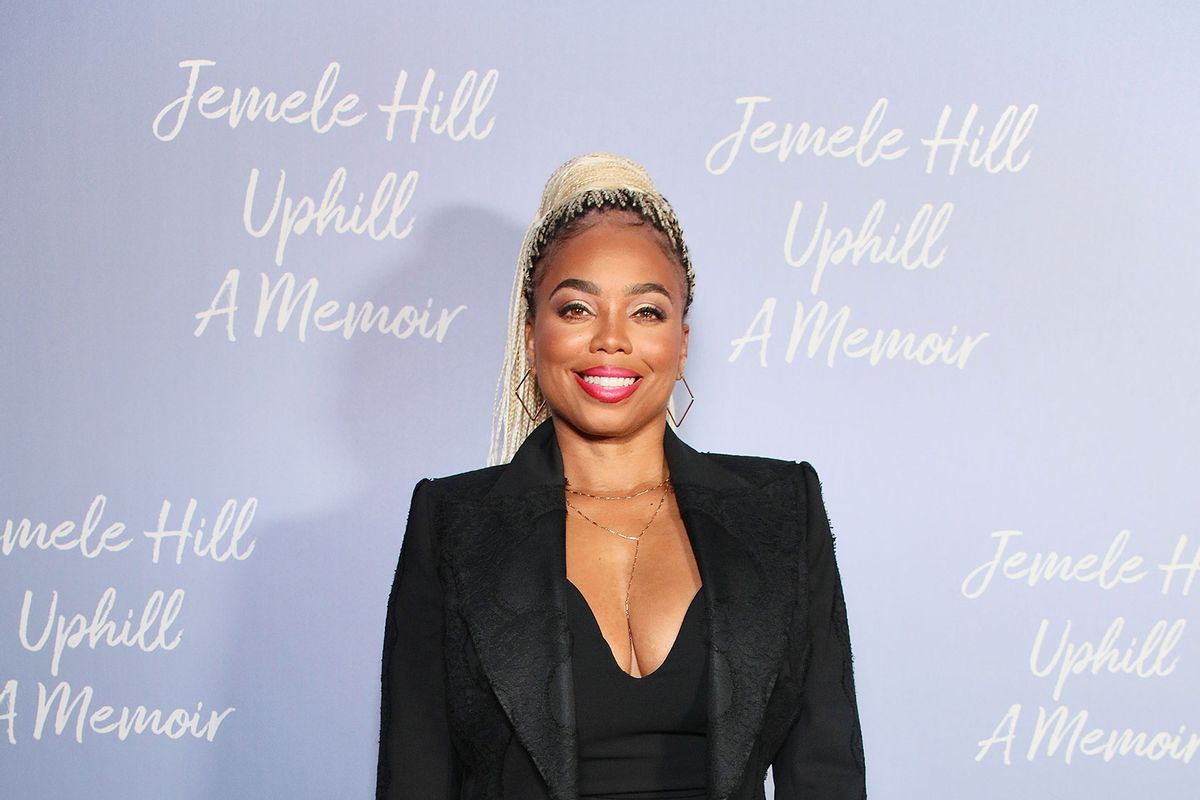The Impact of Caitlin Clark on WNBA Ratings: A Discussion

In the world of sports media, few topics spark as much debate as the ratings of professional leagues. Recently, the WNBA found itself in the spotlight as ratings took a nosedive following the elimination of star player Caitlin Clark from the playoffs. The notable drop has prompted commentary from various figures, including the outspoken sports analyst Stephen A. Smith, who highlighted the stark contrast in viewership numbers.
Clark, a standout player known for her impressive performances, drew significant attention during the playoffs. Her absence has led to a significant reduction in ratings, as evidenced by the data from recent games. The WNBA semi-final that featured two MVPs, A’ja Wilson and Breanna Stewart, attracted only 929,000 viewers—less than half of the 2.54 million who tuned in to watch Clark’s opening round finale. This stark comparison has led many to question the league’s ability to draw audiences without its most captivating players.
Stephen A. Smith’s commentary sheds light on an underlying truth: without marquee players like Clark, the WNBA struggles to attract viewers. While some in the sports media might dismiss this correlation as irresponsible or misleading, the numbers tell a different story. The term “irresponsible headlines” has been used to describe the media’s coverage of the ratings drop, yet the reality remains that the league has seen a significant decline since Clark’s exit. This trend reflects broader challenges faced by the WNBA, which has historically relied on the presence of star athletes to drive interest.
Critics argue that the league’s narrative has shifted away from its traditional stars, leading to diminished audience engagement. The lack of high-profile matchups and the absence of Clark, who has been a lightning rod for interest and controversy, have left a void that current players have yet to fill. This situation raises important questions about the future of the league and the impact of player visibility on viewership.

The reactions from media personalities such as Jemele Hill highlight the complexities of discussing sports ratings, especially when race and gender are involved. Hill has been vocal about the perceived biases in coverage and has been accused of exhibiting a strong anti-Clark sentiment. However, the data speaks volumes. Despite the league’s push for narratives around other players, the truth remains that fans are not engaging at the same levels without Clark’s magnetic presence.
In a landscape where the NBA continues to thrive, the WNBA’s challenges become more pronounced. The league’s financial struggles are well-documented, and the reliance on the NBA for support has been a topic of contention. Without the backing of the NBA, it is argued that the WNBA would not have the same level of visibility or viability. This reality underscores the need for the league to cultivate its stars effectively.
The recent ratings drop also brings to light the broader cultural dynamics at play. Some commentators suggest that the media’s focus on certain narratives, often dictated by political or social agendas, may alienate potential viewers. The portrayal of Caitlin Clark, a straight white female athlete, contrasts sharply with the WNBA’s efforts to promote inclusivity and diversity. This dynamic could influence fan engagement, as audiences gravitate towards familiar and relatable figures.

While some may criticize the portrayal of the WNBA in media circles, it is essential to recognize the undeniable impact of star players on viewership. Caitlin Clark’s ability to draw crowds and generate excitement illustrates the need for the league to foster talent that resonates with fans. The future of the WNBA may hinge on its ability to highlight players who can connect with audiences on a personal level, much like Clark has done.
In conclusion, the WNBA’s recent ratings struggles following Caitlin Clark’s playoff exit raise critical questions about player influence, media narratives, and the league’s long-term sustainability. As fans continue to seek captivating stories and athletes, the WNBA must adapt and evolve to ensure its place in the competitive landscape of professional sports. The conversation sparked by this issue serves as a reminder of the complex interplay between sports, media, and audience engagement.





